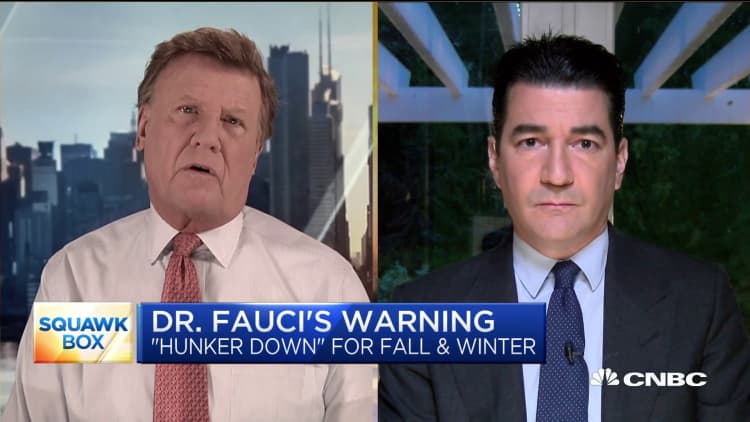The U.S. reported more than 35,200 new cases of the coronavirus on Thursday, its highest daily tally since Sep. 5, according to data compiled by Johns Hopkins University. The holiday weekend likely impacted the data over the past few days and is only now beginning to stabilize. The seven-day average of daily new cases has fallen to 35,219, down more than 12% compared with a week ago.
Here are today's top headlines:
The following data was compiled by Johns Hopkins University:
- Global cases: More than 28.27 million
- Global deaths: At least 911,376
- U.S. cases: More than 6.41 million
- U.S. deaths: At least 192,448


